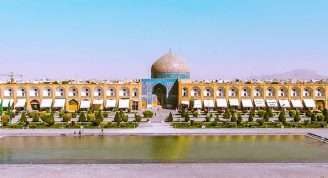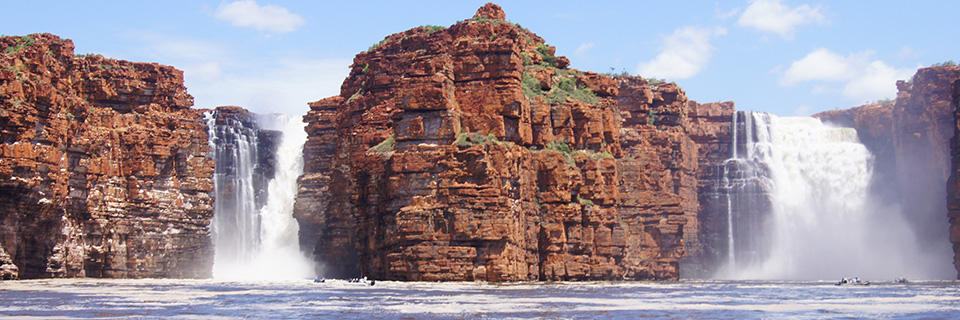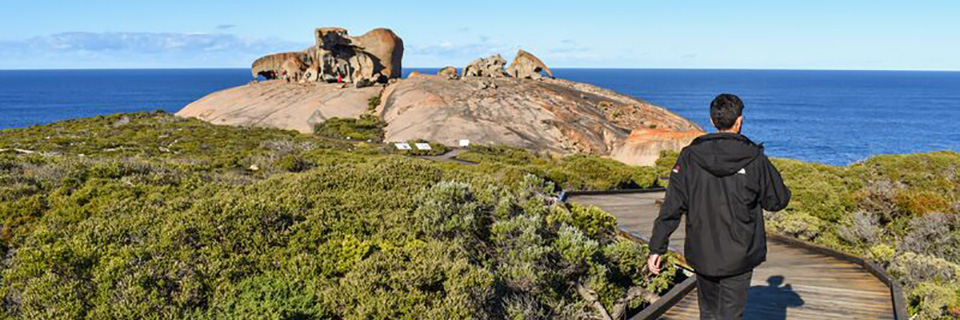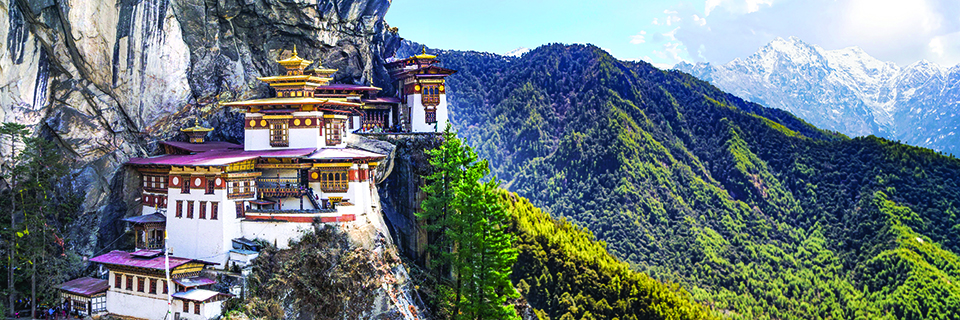Description
Travel from coast to coast and through the heart of southern Africa on a 49-day overland journey. Begin in beautiful Cape Town and voyage through desert landscapes, rolling savannas and lush mountainscapes. Cruise lakes and delta waterways and feel the spray of massive waterfalls. Spend time getting to know locals in rural villages and enjoying the buzzing city rhythms. From game drives in national parks full of iconic animals to enjoying the simple pleasure of lying on a pristine beach, this grand journey is the perfect way to discover everything that makes this part of the world so special.
- With included wildlife viewing experiences like game drives, tracking walks and safaris, you are guaranteed to encounter a diverse array of Africa’s iconic wildlife.
- Wake up before dawn and scramble to the top of a massive Sesriem dune for a dramatic sunrise view across a vast sea of undulating sand.
- Glide down Botswana's Okavango Delta on a mokoro, with a local at the helm using a pole to guide your journey through the rich waterways.
- Discover the largest ruins in sub-Saharan Africa – Great Zimbabwe. This World Heritage-listed site dates back to the 11th century.
- Chill out on the white sands of Zanzibar’s northern beaches and spend a night exploring the ornate alleyways of Stone Town.








